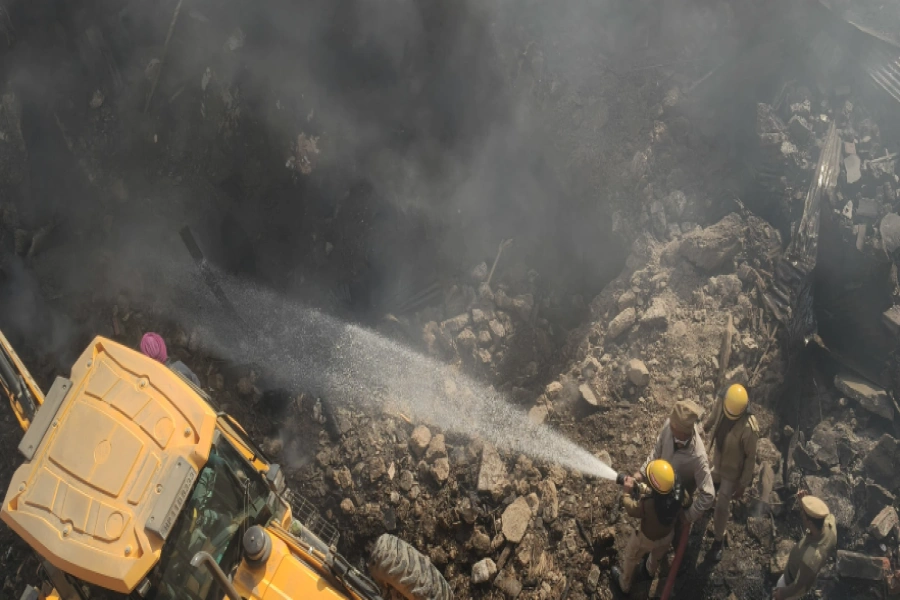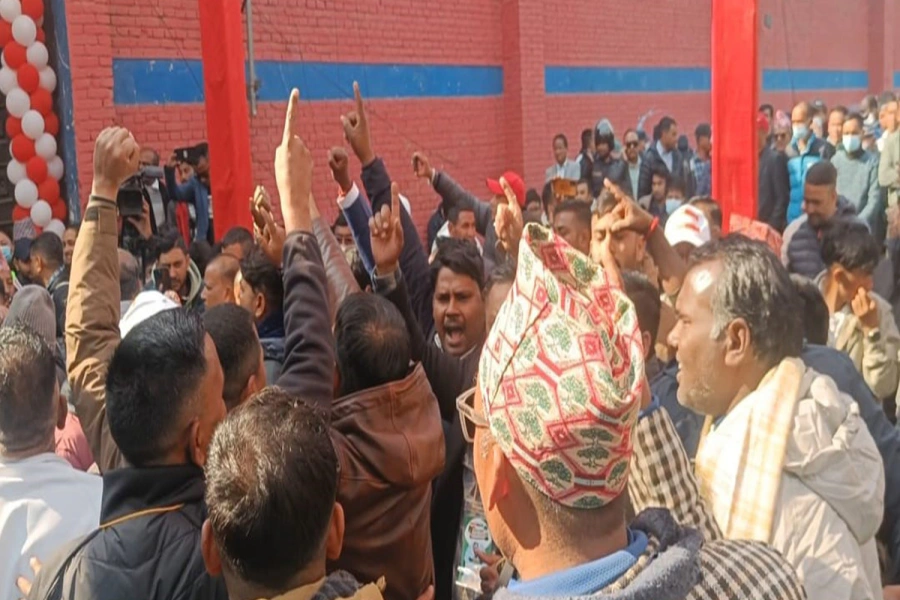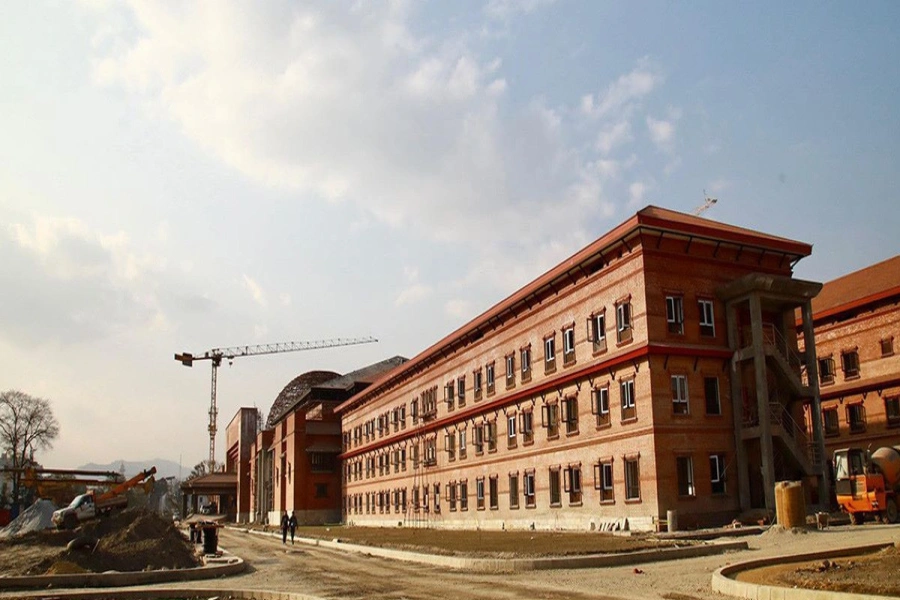As agriculture has not been able to attract the youth even in the rural areas, the farmlands in various districts in the country are left fallow. And we have been consuming agricultural products by importing them from abroad. We have been importing almost everything we consume including rice, corn, wheat, potatoes, edible oil, spices etc. Over the past few years, the import of food grains, vegetables, fruits, meat and meat products has been rising alarmingly. In the last fiscal year 2021/22 alone, Nepal imported food worth nearly Rs 380 billion including rice worth Rs 47.57 billion, corn worth Rs 19.65 billion, vegetables worth Rs 36.54 billion and fruits worth Rs 25 billion. The high food import bill has led to a ballooning trade deficit. These figures show that increasing agricultural production just to meet the domestic consumption demand will help a lot to take the country to the path of achieving a self-reliant economy. However, as we have failed in modernizing agriculture, we have to depend on imports even for food items. What is also true is that our domestic agricultural products cannot compete with the imported products in terms of price. A major reason behind this is the Nepali farmers do not get subsidies in fertilizers, seeds, and agricultural equipment. Farmers in neighboring India, Nepal’s major trade partner, get such subsidies. Also, in India, there are mechanisms in place for ensuring a market for the goods produced by farmers.
In Nepal, too, we sometimes hear about agricultural subsidies. However, the fact is rather than real farmers, such subsidies end up lining the pockets of others, mostly middlemen, due to political interference and the access of such people to the corrupt bureaucracy. So, agricultural subsidies in Nepal are largely misused. That’s why such subsidies have not been able to produce the desired results. We would be able to increase our agricultural productivity if we could properly utilize such subsidies which are distributed mostly through the provincial and local governments. However, transparency in providing the subsidies would be the first prerequisite for that. Another problem is agriculture has become one of the most ignored sectors in the country. On the one hand, our youths are going abroad for employment and the number of people engaged in agriculture has been declining, while on the other, even those who want to engage themselves in the profession of agriculture face obstacles at every step. Things would certainly have been better only if the government could provide seeds and fertilizers to the farmers on time.
What is missing in budget for agriculture?

The government in Nepal often talks about displacing the import of agricultural products by increasing domestic production. But for that, we have to pay attention to the structure of our markets. There have been instances where farmers have strongly protested against the lack of access to the markets. For example, sometimes farmers dumped their tomatoes on the roads and at other times they spilled their milk on the roads. On the one hand, we are facing a shortage of nutritious food, while on the other the farmers don’t get timely access to the market and thus get discouraged. Even when the farmers’ products eventually get access to the market, they don’t get the right price. The government has to intervene in such situations to guarantee that the farmers get a fair price for their products so that they get the motivation to continue with the profession of agriculture. Meanwhile, it is encouraging to note that some farmers, especially those who have returned after working on farms in countries like Israel, have started commercial farming. The government must encourage this trend. This would go a long way in increasing our agricultural production. Achieving prosperity through agriculture is a very feasible concept for Nepal, if the government creates the right environment to encourage the farmers.






































